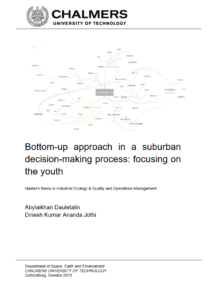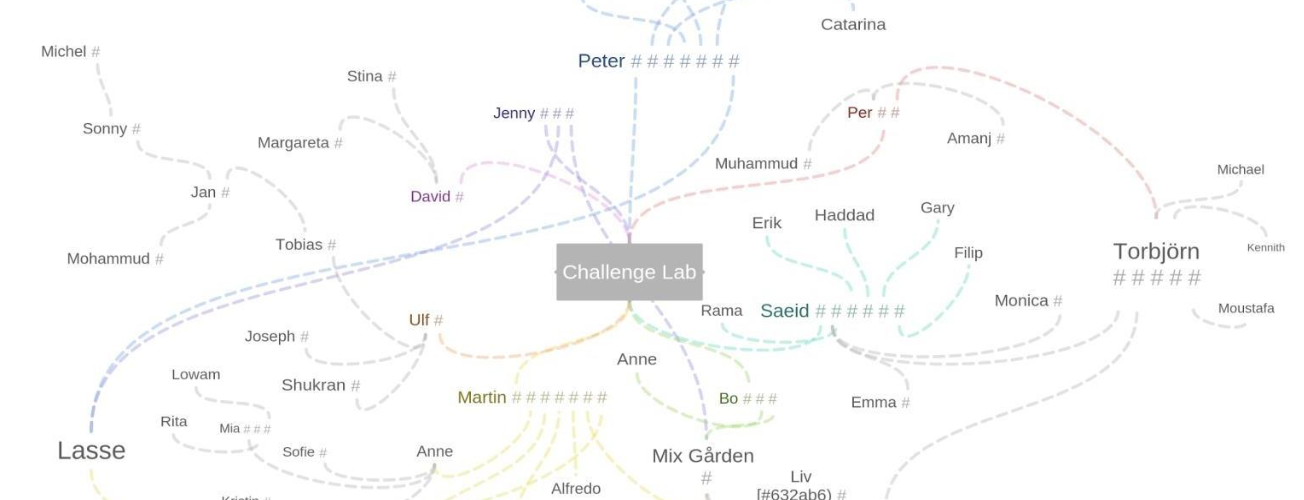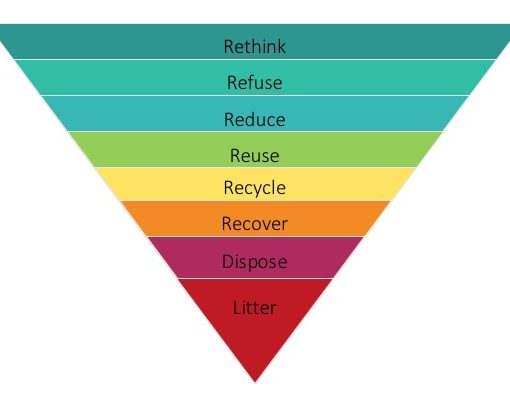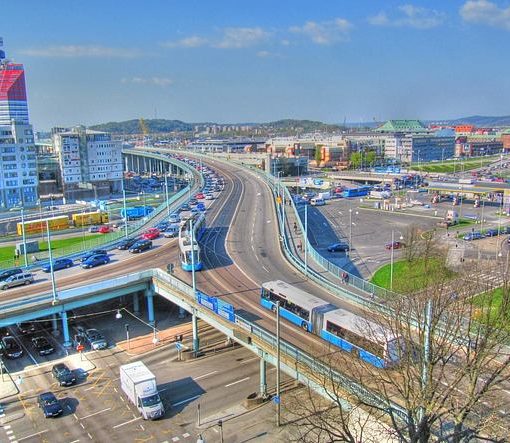ABYLAIKHAN DAULETALIN & DINESH KUMAR ANANDA JOTHI (2019)
(Class of 2017)

Angered is one of the biggest suburbs in Gothenburg, Sweden with over 60,000 inhabitants. The local population is highly multicultural and largely comprised of long-term and recent immigrants. The current urban trends show that there is a clear socio-cultural and economic barrier between Angered and other areas of Gothenburg. In this regard, the youth segment who came or born here poses a high relevance to the future development and co-integration of Angered with other parts of a city. Our research is based on the premise that young people play an important part in realizing sustainable urban development. What they bring along is development potential and willingness to contribute their energy and ability to envisage a better urban environment. However, youth’s potential to effect positive change has not yet been entirely realized in Angered. Given the unique circumstances of the place, local youth could be viewed as passive recipients rather than enablers of change, a problem rather than a solution. Young people are rarely invited to the decision-making table and often, they have either limited means to participate in public life or do not know about available platforms. This is the gap that our research would like to assess. Widely referred to as ‘the future’, young people have the potential to play a vital role in achieving the Sustainable Development Goals (SDGs) by transforming the cities they call ‘home’ into sustainable communities. The methodology used in the project is co-creative dialogue and triangulation. The research team conducted 20 interviews, 10 from Hammarkullen and 10 from Lövgärdet. Workshops with the local youth and provision of short surveys at the schools have been conducted in Angered region. Also, a series of interviews with major urban stakeholders, who have an impact on the decision-making process, have been done to get their insights and challenges on the urban development agenda. The purpose of having different data sets is to use the process of triangulation and find common areas of interest from stakeholders through the interviews and workshops. The conclusive co-creative dialogue and the follow-up interviews accumulated in the final report will strive to potentially assist decision-makers in urban planning in facilitating the youth engagement in the region and reducing the socio-economic gap between Angered and other areas of Gothenburg city. Additionally, the research strives to be a valuable case study for implementing global UN sustainability goal 11 (SDG 11) “sustainable cities and communities”, which can be used to assist other cities around the world to methodically develop their own urban agenda.





